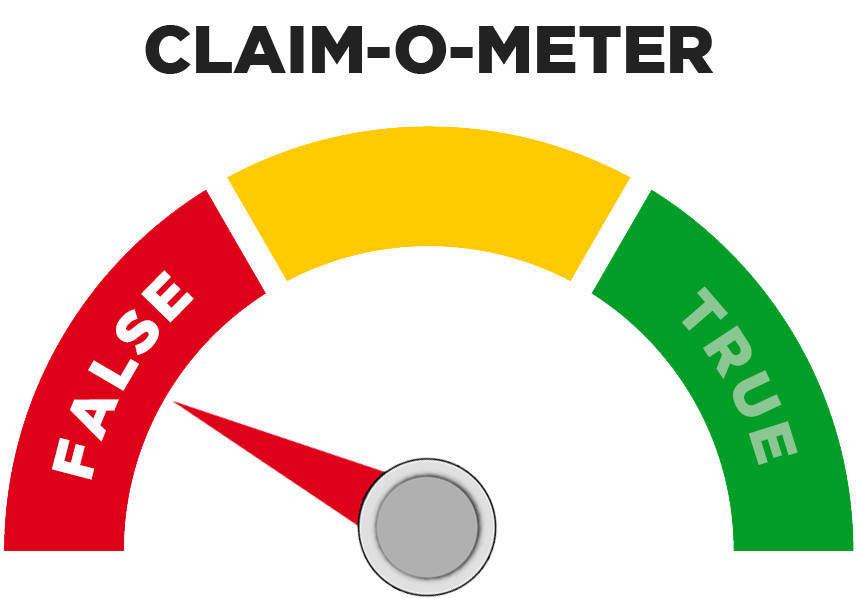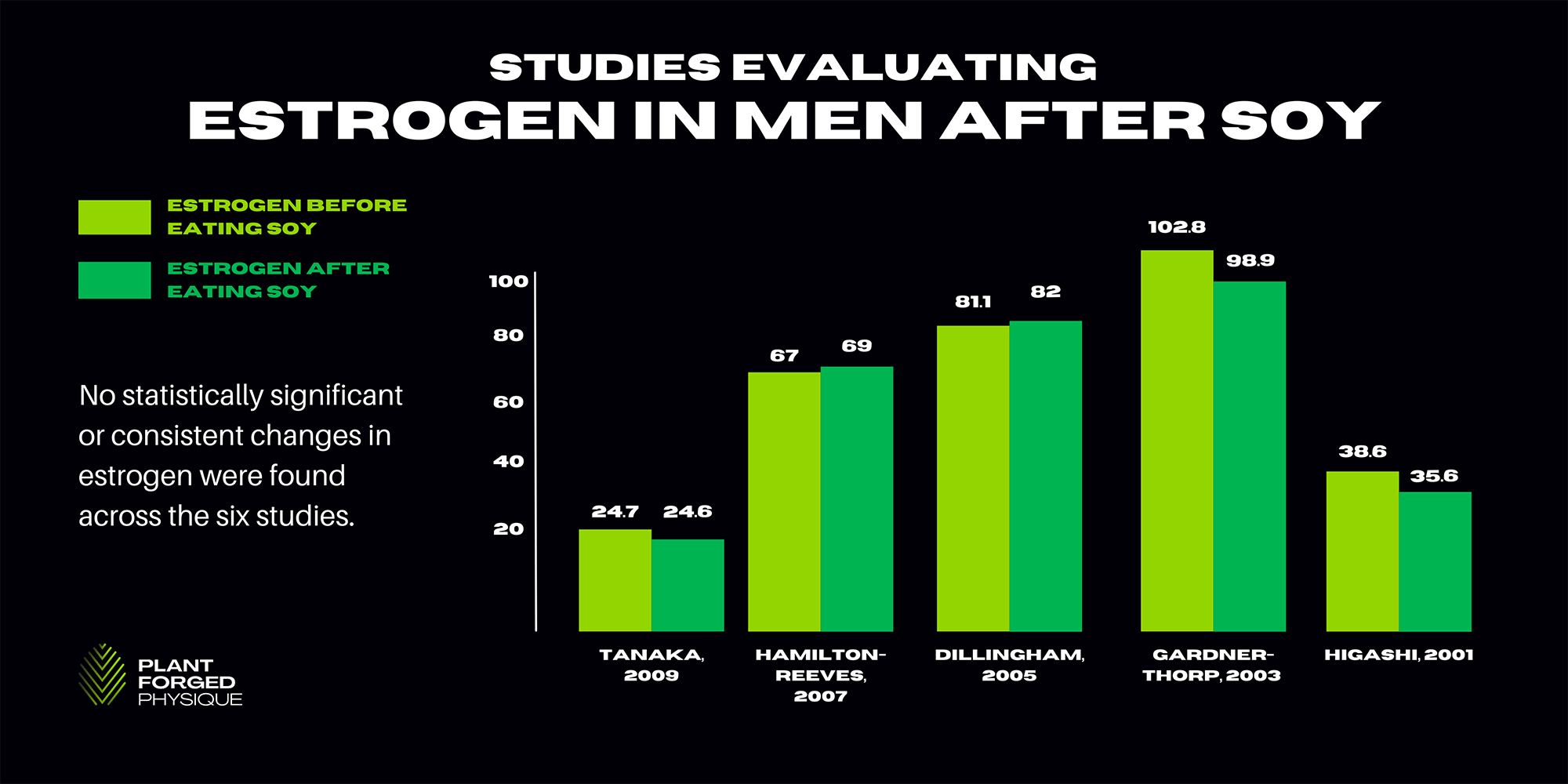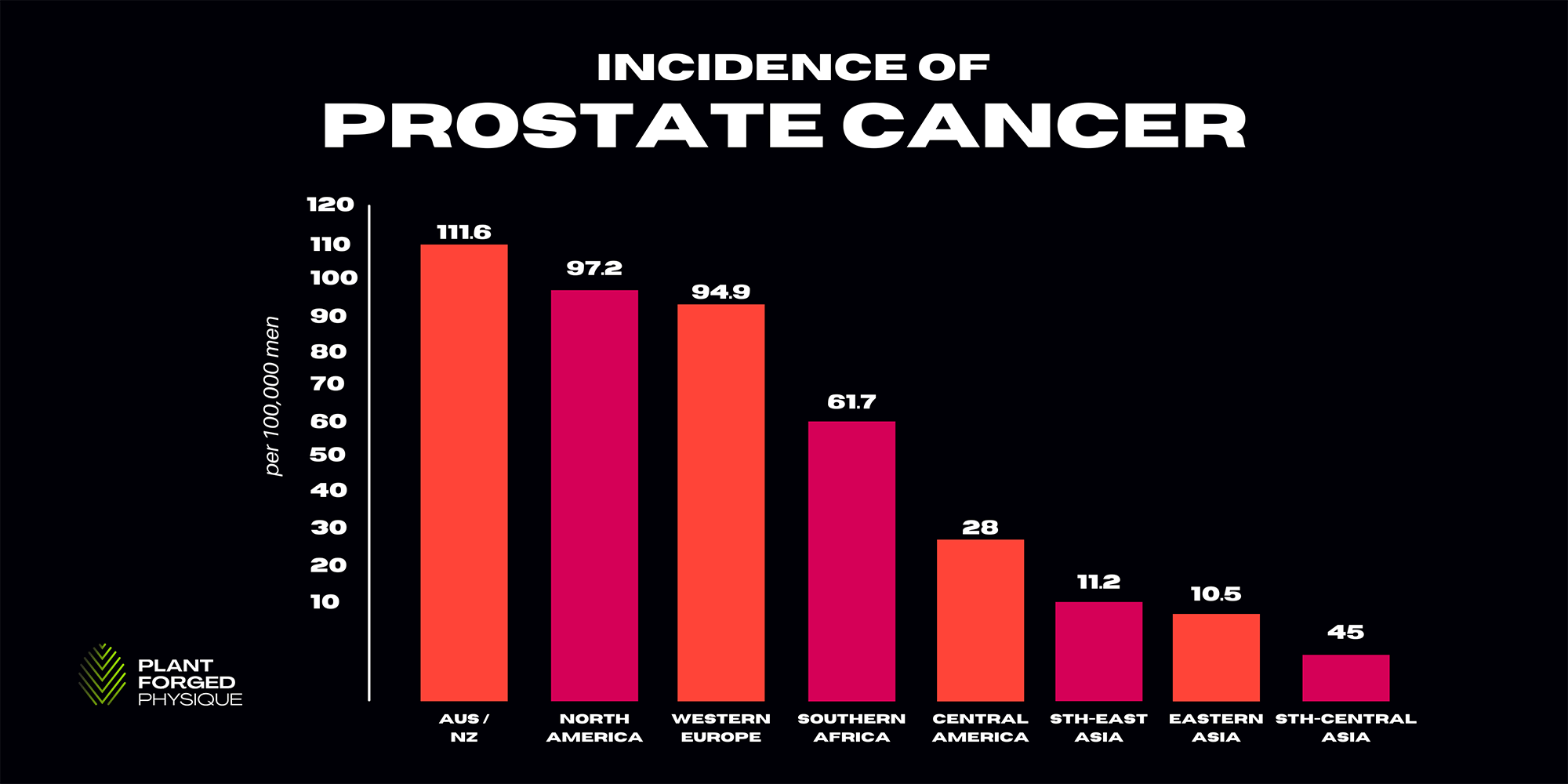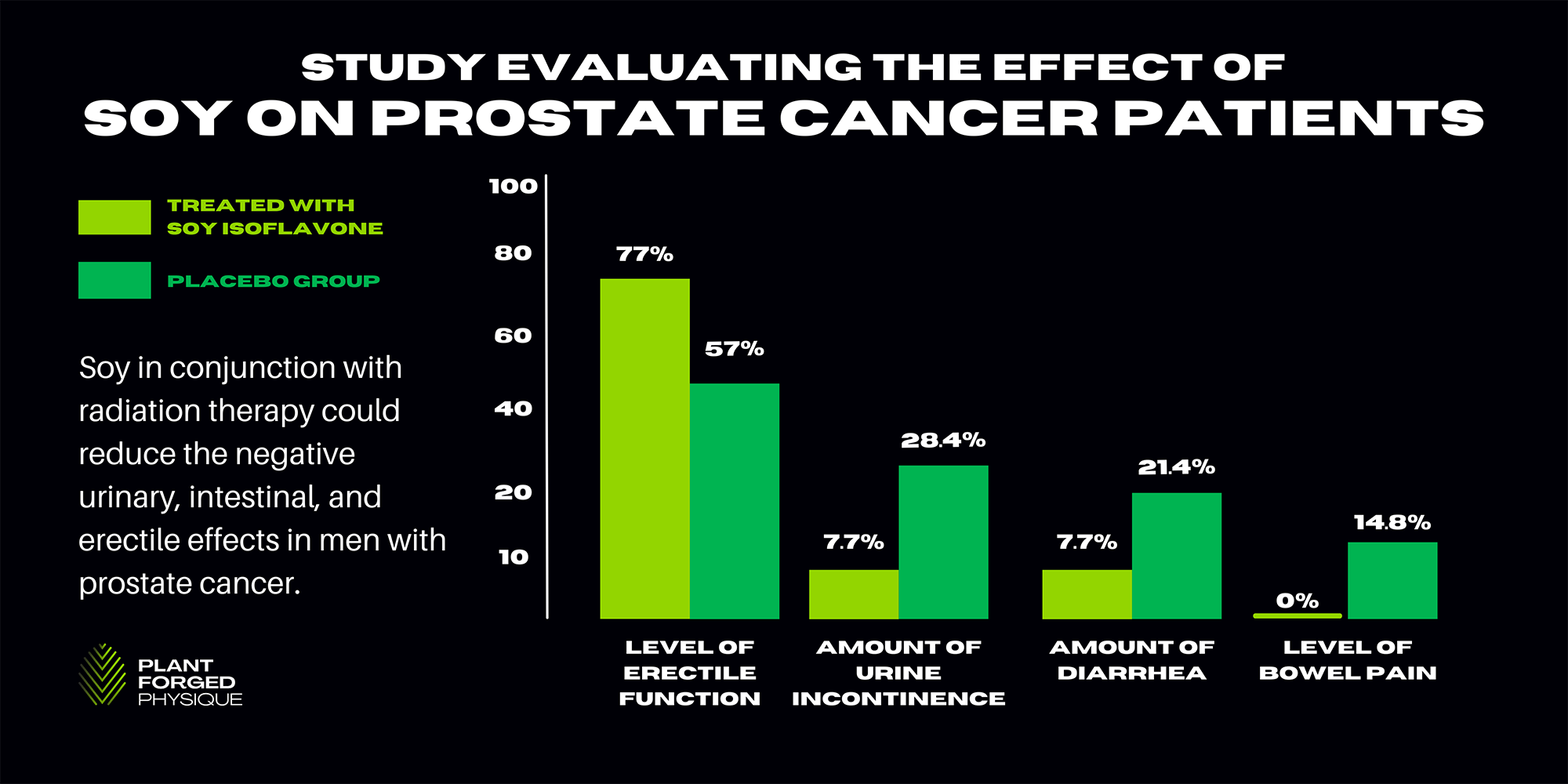See also…
Is soy bad or good for women’s health?
What women should know about soy.

 Article by Caitlin, a vegan Accredited Sports Nutritionist and Strength & Conditioning coach at Plant Forged Physique. Her passion is helping vegans achieve their health & fitness goals with evidence-based guidance and expertise. Caitlin is also a competitive IFBB and INBA bikini bodybuilder.
Article by Caitlin, a vegan Accredited Sports Nutritionist and Strength & Conditioning coach at Plant Forged Physique. Her passion is helping vegans achieve their health & fitness goals with evidence-based guidance and expertise. Caitlin is also a competitive IFBB and INBA bikini bodybuilder.
Soy doesn’t have the best reputation.
You’ve probably heard claims about how soy can impact men’s hormones, physique, sperm counts, and risk of cancer.
We’ll investigate where these claims came from, if there’s any truth behind them, and the actual facts around soy.
Soy contains three isoflavones – which are types of phytoestrogen (plant oestrogens). These very weakly mimic oestrogen and partially bind to oestrogen receptors creating concerns that soy could alter hormone levels in men.
So is it true?

FALSE: Being similar doesn’t mean they have the same effect. Reviews of different clinical studies across 2021 and 2010 showed soy had no impact on men’s oestrogen levels or testosterone levels. Soy can be eaten on a regular basis and won’t impact your hormones.

There was a 2008 report of a 60-year old man with breast growth. It was discovered he drank 3 litres of soy milk every single day – the equivalent of 300 mg of isoflavones daily.
So is it true?

FALSE: The isoflavone intake in high soy-consuming regions like Japan and China is 40 mg per day. Nine studies found that soy, even in levels greatly exceeding these figures, did not result in breast growth.
The man in the original report exceeded these levels by 750%, and his excessive soy consumption could not be linked to his gynecomastia. It can’t be ruled out that he may have an underlying sensitivity to isoflavones that was triggered by the sheer volume of isoflavones he consumed. It’s worth noting if he drank a similar amount of cow’s milk, his calcium intake would be so high it would have led to serious effects like hypercalcemia (high blood calcium).
Soy has been repeatedly shown to not cause breast growth or impact oestrogen at more normal (and even high) levels of soy consumption.
Soy can be consumed regularly and safely 4-5 times a day , and excessive consumption of any food can be harmful (no matter what it is).
Compared to animal proteins, soy has less leucine – an amino acid known to initiate muscle growth. So there were claims soy wasn’t as effective at growing muscle.
So is it true?

FALSE: There’s no difference. A review of 9 studies saw no difference in muscle gain and strength between supplementing with soy protein compared to animal protein. In another study, soy increased muscle strength and thickness similar to whey protein.
Prostate cancer is the second most common male cancer worldwide. There were concerns soy’s phytoestrogens would increase hormone-sensitive cancers like prostate and breast cancer.
So is it true?

FALSE: In fact, the opposite is true. A review of 30 studies shows soy consumption significantly lowers your risk of developing prostate cancer.
Soy-consuming Asian populations have lower prostate cancer rates. For every 100,000 men, prostate cancer cases range from 4.5-28 in Asian nations compared to 111.6 in Australia and 97.2 in North America. Soy is even being studied as a treatment to help slow down the worsening of prostate cancer in patients.

The claims that soy could impact men’s testosterone were also thought to influence reproduction.
So is it true?

FALSE: Soy doesn’t impact sperm quality or quantity – the opposite may be true. A randomised trial compared the effect of animal milk and soy on the semen of healthy men and found no difference. While another found men who ate soy less likely to have low sperm counts compared to those who consumed no soy.
People believed that the bioactive isoflavones may affect thyroid function.
So is it true?

FALSE: Soy does not impact the thyroid itself – but it is true that soy interferes with the absorption of thyroid medication. A review of 14 studies found soy had no impact on thyroid function but did show that soy inhibits absorption of the synthetic thyroid hormones found in thyroid medication.
Those who are taking these medications should consult a doctor before increasing their soy intake, so the dosage can be increased if needed.
This claim came from studies done on rats in China that showed high intake of the isoflavone daidzein increased erectile dysfunction.
So is it true?

FALSE: These studies can’t be applied to men. The rats were exposed to only one of the three isoflavones found in soy at 100-times the amount humans can eat. Humans also metabolise isoflavones differently to rodents. High doses of soy have improved erectile function and other symptoms in patients with prostate cancer.

There are many myths surrounding soy, which is a shame because it is a versatile powerhouse of nutrition and a valuable protein source, particularly for plant based diets. Soy can be eaten in many different forms like edamame, tempeh, tofu, bean curd, TVP and so much more.
There are many benefits for men consuming soy:
All of these are proven and far outweigh the misconceptions you may hear about soy. Research tells us that soy is safe to eat and can be enjoyed frequently. In fact, it’s good to consume it regularly.